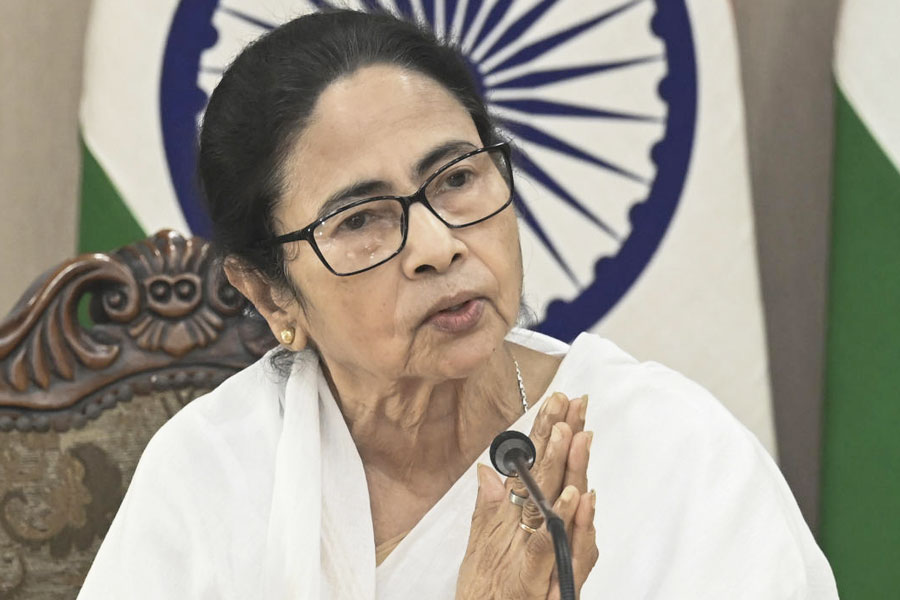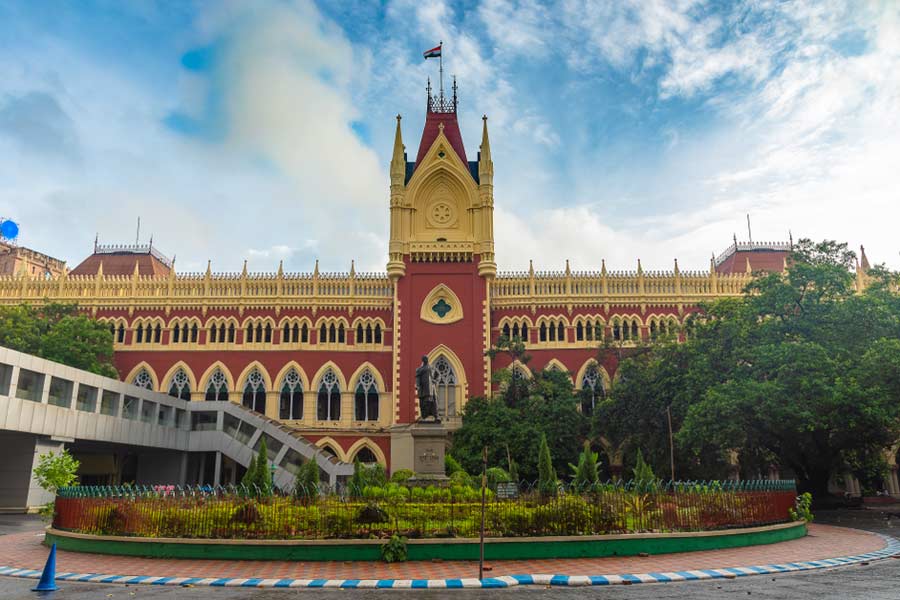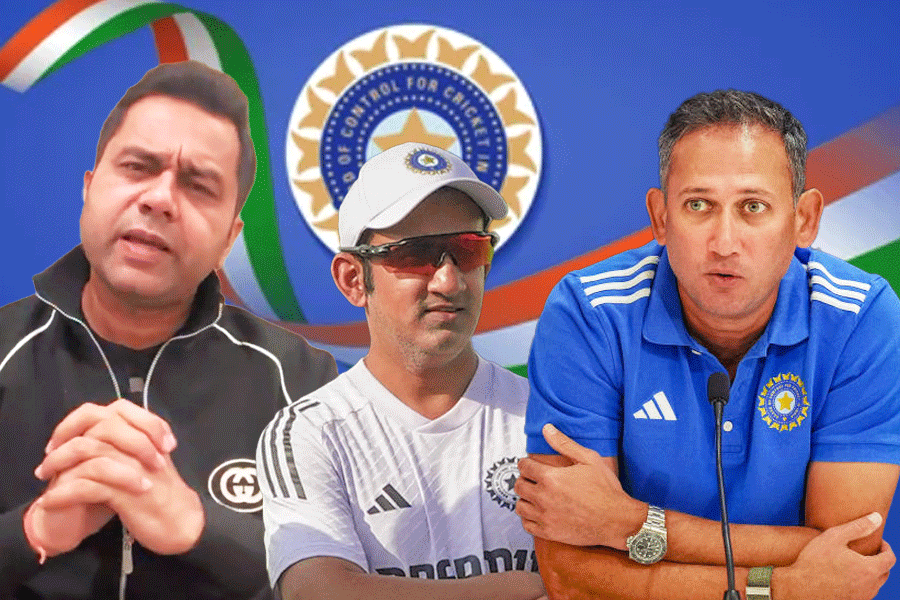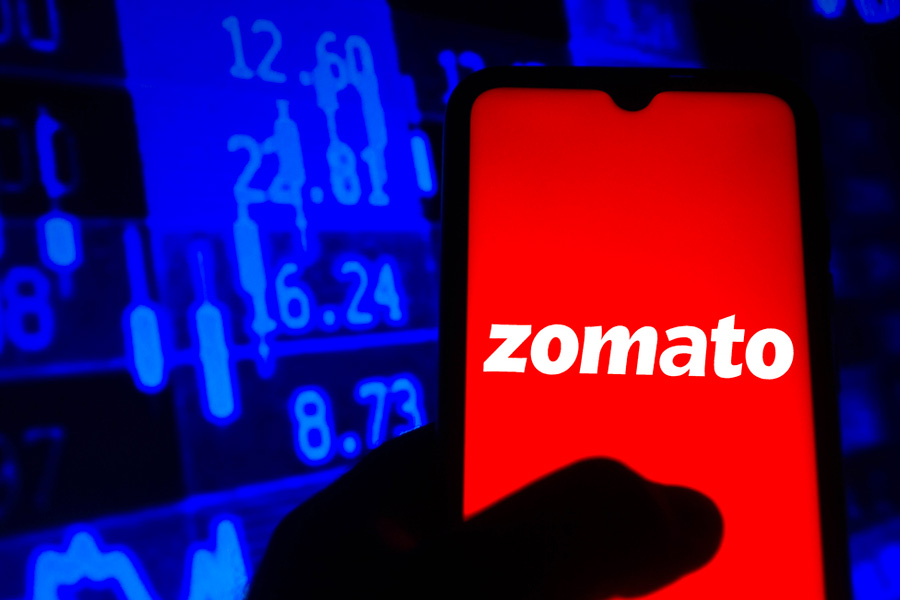The fifth edition of ALT EFF aka All Things Environmental Film Festival was held between November 22 and December 8. Expanding in both scale and ambition, this year witnessed a number of firsts, with the festival also consolidating on its strengths. A t2 chat with festival director Kunal Khanna.
What for you have been the highlights of the festival this year?
The fifth edition of ALT EFF has been a landmark moment for us and the highlights are many. From our 700-person opening night at Liberty Cinema in Mumbai to hosting 110-plus screenings across 20 states in India and seven international locations, the scale and reach have been extraordinary.
The diversity of films in the programme, with 72 titles covering themes like food politics, climate adaptation, women-led narratives and more has been a key highlight. So has launching ALT EFF in rural India, with screenings reaching underrepresented communities. We have also garnered strong audience engagement online via our pay-as-you-feel model, breaking barriers to accessibility.
There have been quite a few firsts this year for the festival. Can you take us through each and what is their significance to the festival at large?
One of them is rural screenings. For the first time, ALT EFF reached deeper into rural India with over 40 screenings in these areas, partnering with organisations like Barefoot College in Rajasthan and Gram Vikas in Odisha. This move aligns with our mission to democratise environmental awareness and ensure impactful stories reach underserved communities.
ALT EFF Voices marks the launch of our spoken word platform which adds another layer to the experience and engagement for our audiences to learn and share their experience in this changing world.
Schools Screenings is designed to inspire the next generation by bringing powerful environmental stories to young audiences across India. With over 700 screenings planned in schools nationwide, the programme aims to engage students with themes like conservation, sustainability and climate action, fostering awareness and sparking critical conversations at an early age. This year, ALT EFF hosted screenings in Costa Rica, Chile and Ireland, showcasing Indian environmental stories to global audiences and building international solidarity.
A first for ALT EFF, the environmental journalism category highlights investigative storytelling, encouraging deeper discussions around pressing issues such as resource exploitation and climate justice. A significant number of films this year emphasised the role of women as changemakers in the fight for climate justice and reinforcing their critical contributions to environmental solutions.
What have been the biggest challenges of putting together this festival for the last five years and what have the highs been?
Launching ALT EFF during the pandemic was a logistical and emotional challenge, but it pushed us to innovate and embrace virtual formats. Scaling a festival with screenings in 20 states and international venues requires coordination with multiple partners, which is both rewarding and demanding. Funding a mission-driven festival that is impact-driven with accessibility at its core has been challenging. However, the power of collaboration is undeniable and we are able to achieve things in a manner where two plus two does not equal four but eight.
Among the highs, we would count growing from 5,000 attendees in 2020 to hosting India’s largest environmental film festival in just five years. Collaborating with luminaries, including industry veterans, NGOs and artistes who have amplified our mission has been a big factor for us as well as seeing the tangible impact of the festival in terms of community engagement and action inspired by the films.
In what way does Alia Bhatt lending her support benefit the festival?
Alia Bhatt’s association with ALT EFF brings unparalleled visibility and reach to our mission. As a widely respected actor and an advocate for sustainability, her involvement draws attention from diverse audiences, including younger generations who may not have previously engaged with environmental issues. Alia amplifies the festival’s message, helping us reach new communities and solidifying ALT EFF as a mainstream platform for change.
What is the way forward for the festival?
The future of ALT EFF is all about scaling impact while staying true to our mission. We are looking at increasing our rural footprint and further refining our decentralised model to bring stories to more underserved regions. Strengthening our international presence by hosting more screenings and collaborations worldwide is also a goal. We are looking at creating a year-round platform for environmental storytelling beyond the festival period, including workshops, youth programmes and community-driven initiatives. We will look at exploring new technologies like virtual reality and interactive storytelling to deepen audience engagement.
Ultimately, ALT EFF seeks to become a driving force for environmental awareness and action, connecting stories, communities and changemakers across the globe.











